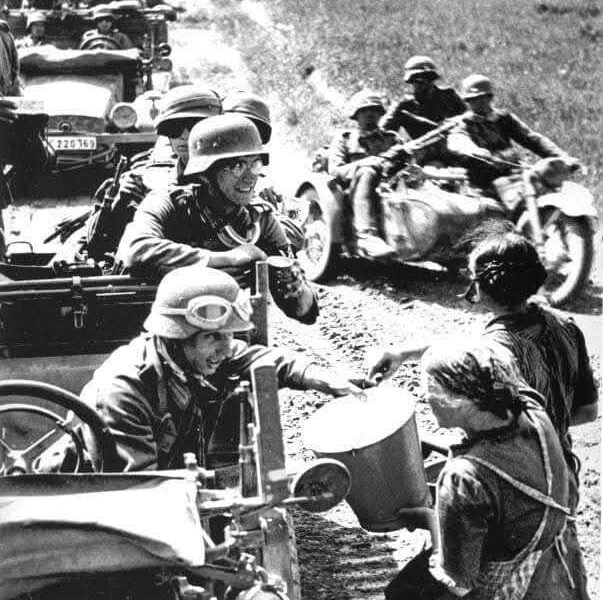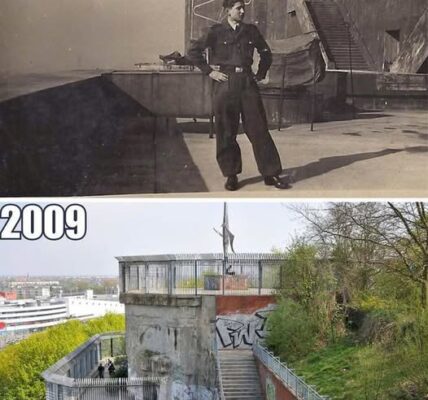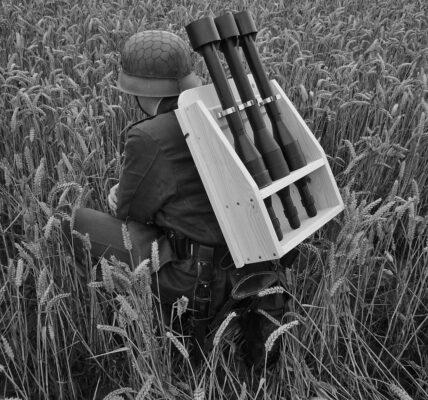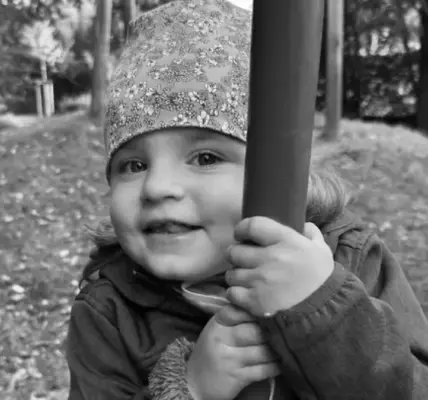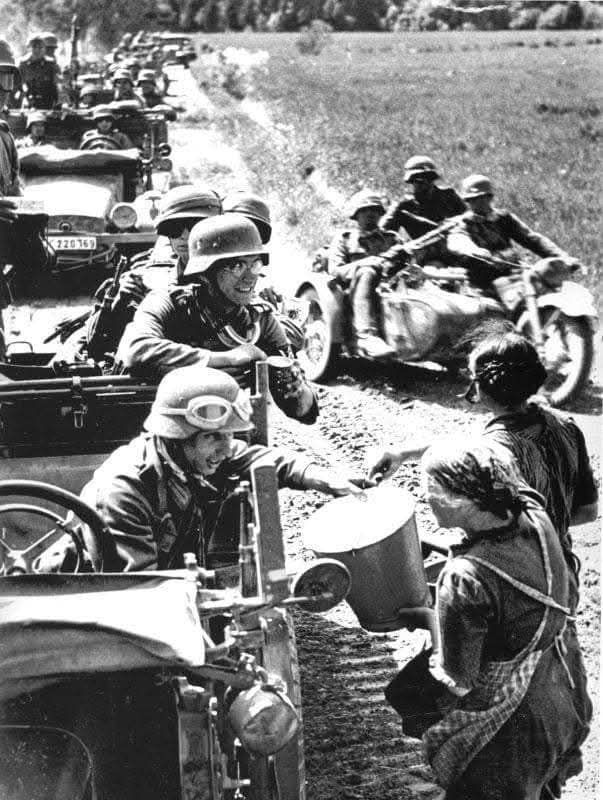
Lithuanian women help Wehrmacht soldiers with buckets of water in June 1941, during the early phase of Operation Barbarossa, the German invasion of the Soviet Union.
After being occupied by the Soviets in June 1940 as a result of the Molotov-Ribbentrop Pact, Lithuania welcomed the launch of Operation Barbarossa by Germany on June 22, 1941. The vast majority of Lithuanians viewed the German armed forces as liberators assisting German soldiers in their advance across the country and eastward.
During the German occupation of Lithuania between 1941 and 1944 (when the USSR regained control), resistance to the German administration was rather insignificant and passive and was carried out mainly by Polish, Soviet and Jewish partisans.
Despite striving for independence (or at least autonomy), Lithuanian society offered no significant violent resistance to the Germans. In contrast, the Soviet occupation (both the first and second) was met with massive resistance efforts, uprisings, and guerrilla warfare.
